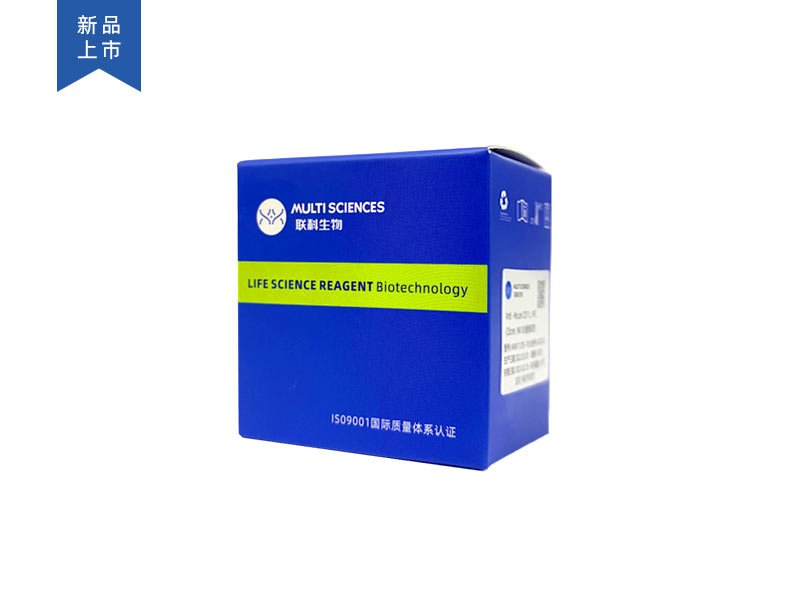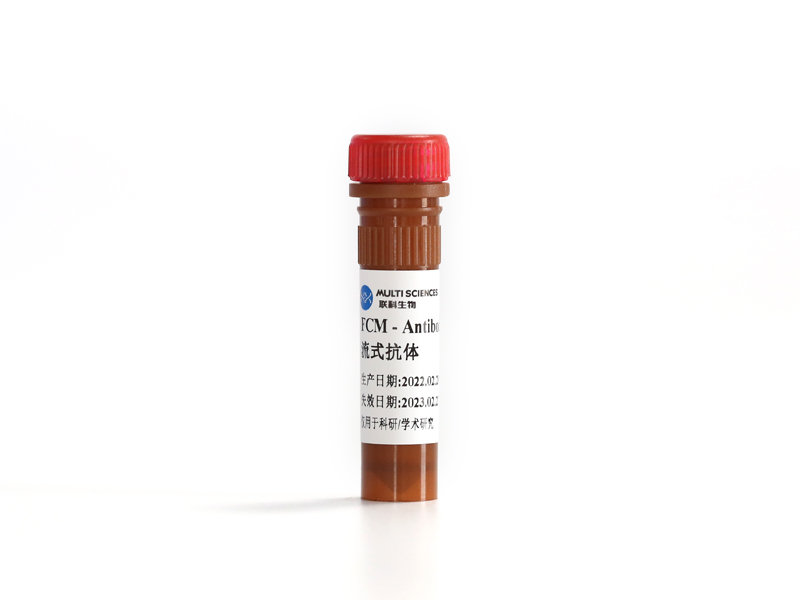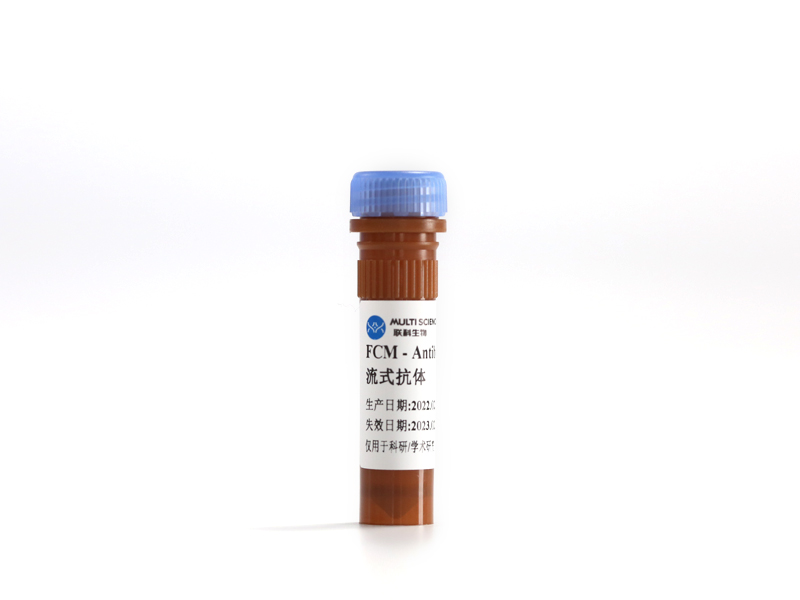Cancer-associated fibroblasts (CAFs)-mediated metabolic support plays a vital role in tumorigenesis. The metabolic network between cancer cells and CAFs may serve as promising targets for cancer therapy. Here, aiming at targeted blockade of the metabolic support of CAFs to cancer cells, a biomimetic nanocarrier is designed by coating solid lipid nanoparticles containing chemotherapeutic paclitaxel (PTX) and glycolysis inhibitor PFK15 with hybrid membranes of cancer cells and activated fibroblasts. The nanoparticles possess outstanding dual-targeting ability which can simultaneously target cancer cells and CAFs. The encapsulated glycolysis inhibitor PFK15 can prevent the glycolysis of cancer cells and CAFs at the same time, thus increasing the chemosensitivity of cancer cells and blocking the metabolic support of CAFs to cancer cells. The results showed that the combination of PTX and PFK15 exhibited synergistic effects and inhibited tumor growth effectively. Moreover, the biomimetic nanoparticles obviously reduced the lactate production in the tumor microenvironment, leading to activated immune responses and enhanced tumor suppression. This work presents a facile strategy to destroy the metabolic network between cancer cells and CAFs, and proves the potential to elevate chemo-immunotherapy by glycolysis inhibition. STATEMENT OF SIGNIFICANCE: In many solid tumors, most cancer cells produce energy and carry out biosynthesis through glycolysis, even in aerobic conditions. As the main tumor stromal cells, cancer-associated fibroblasts (CAFs) usually turn oxidative phosphorylation into aerobic glycolysis with metabolic reprogramming and provide high-energy glycolytic metabolites for cancer cells. The metabolic network between cancer cells and CAFs is regarded as the vulnerability among cancer cells. Moreover, lactate produced by cancer cells and CAFs through glycolysis often leads to the immunosuppressive tumor microenvironment. The present study provides an effective approach to destroy the metabolic network between cancer cells and CAFs and greatly improves the antitumor immune response by reducing lactate production, which serves as a promising strategy for combined chemo-immunotherapy mediated by glycolysis.
文章引用产品列表
-
- F21FP302 17 Citations
- 流式抗体
Anti-Mouse FoxP3, PE (Clone:3G3)流式抗体 (新品)
- ¥720.00 – ¥1,584.00
-
- F2102503 14 Citations
- 流式抗体
Anti-Mouse CD25, APC (Clone:PC61.5) 流式抗体 (新品)
- ¥640.00 – ¥1,408.00




